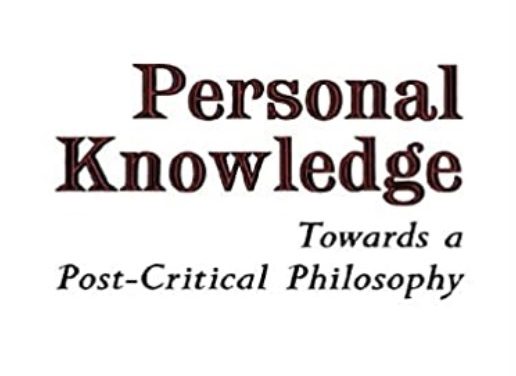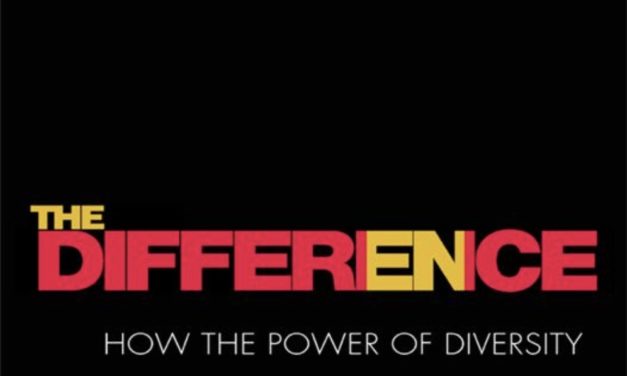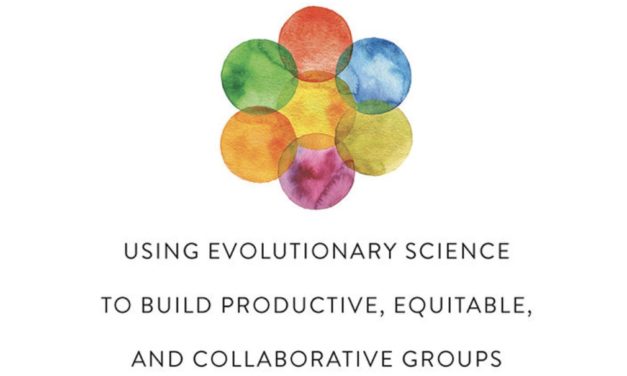Gardeners Not Mechanics: How to cultivate change at work
The world of work is an ecosystem of interdependent organisations, groups and individuals. So, if you want to make a sustainable change at work, you are more likely to succeed if you approach your change as a gardener, not a mechanic.
Read More




